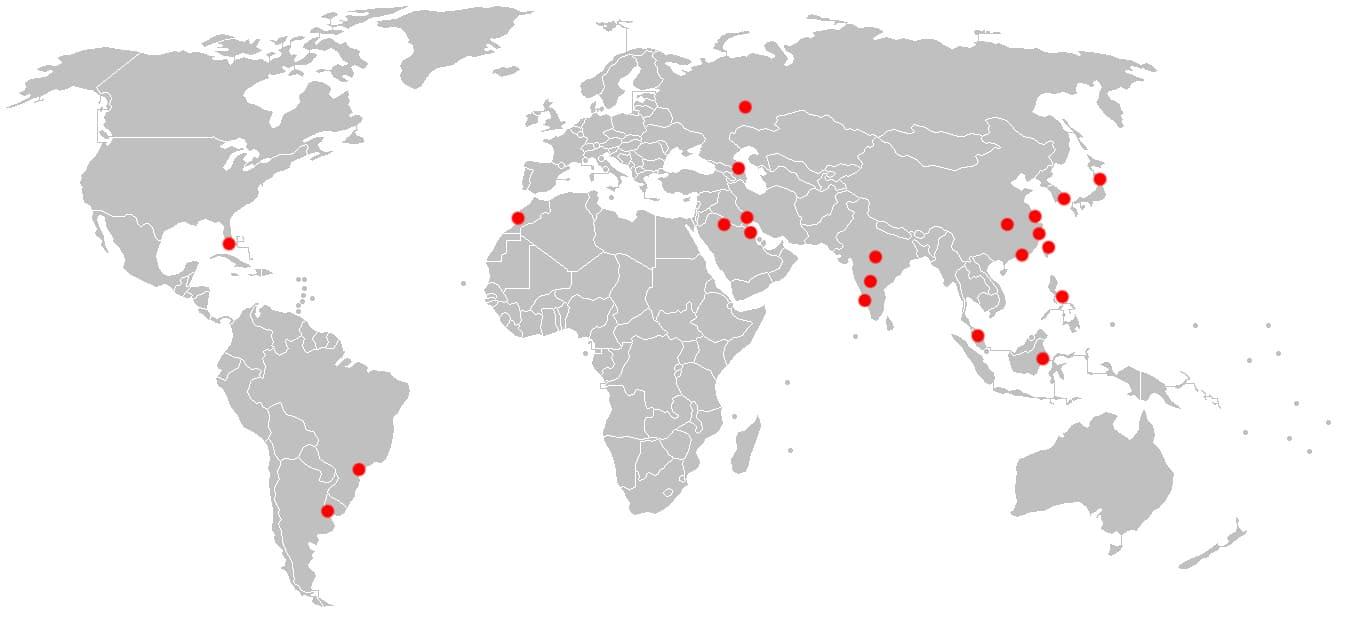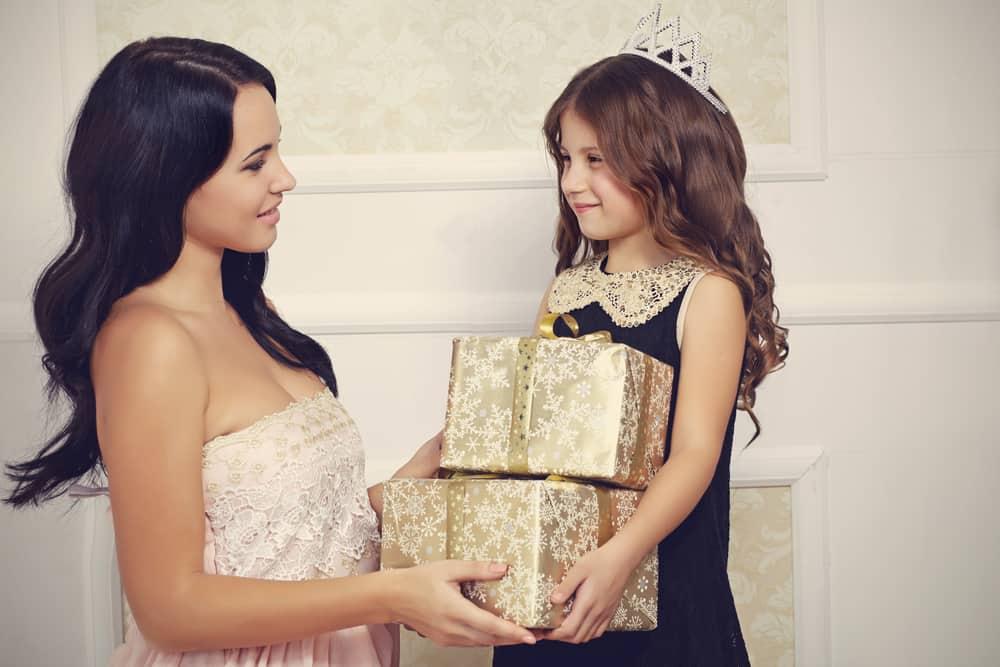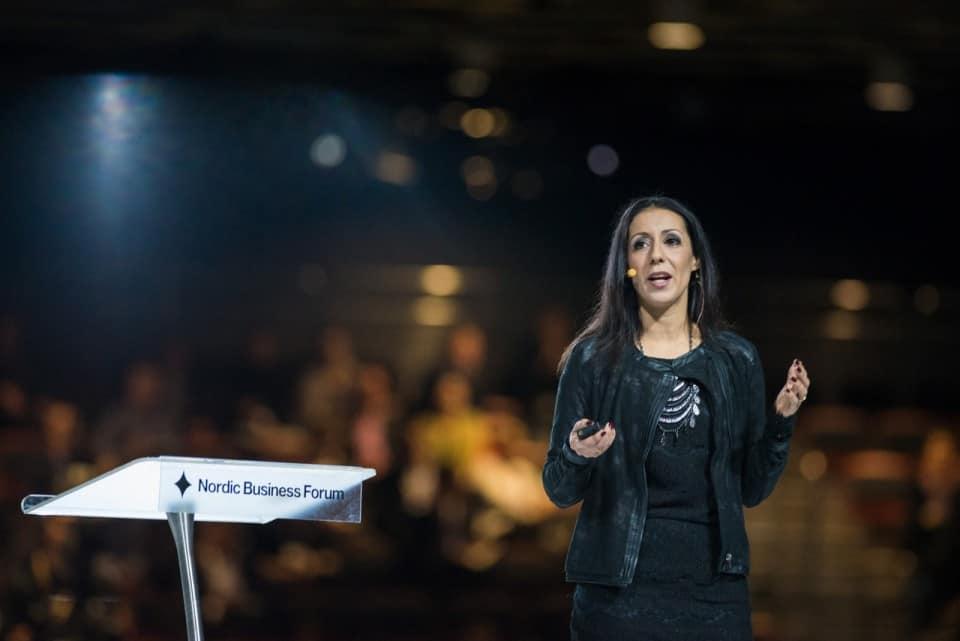9Jul2015
The debate over the importance of financial wealth in determining one’s overall happiness seems to be ever-present.
During the past decade, we have seen substantial shifts in the way people around the world ponder this question. When I was a little boy, I was taught in school that the home of all human wisdom, where spirituality conquers materialism, was to be found in the great eastern cultures of India and China. In contrast, the west, dominated by American consumerist culture, was only interested in money. Now, however, it seems the tables may have turned.
Cheese-appeal lost
The 2012 Global TGI survey, produced by Kantar Media with 449,000 respondents, shows that in the rapidly developing economies money has become the best measure of success, whereas in the western countries money looses its ‘cheese-appeal’ in the rat race. The middle class standard of living in some Western countries has reached a level where the nature of a first world problem is more likely to be, “what to buy for a friend who already has absolutely everything?” Conversely, in growth economies the hunger for more still remains.
The way to express your standing in the race is, of course, to ”show off” your success. The most popular way of showing off is to exhibit your wealth and the expensive things that you have bought. It is almost as if one would try to shout out to the world ”Look at my things, do you see my significance? I am not poor anymore!”.
For the past decade, the global sales of LVMH (Moet-Hennessy • Loius Vuitton – home of all things luxurious) have boomed in the emerging markets. Western countries aren’t buying luxury items the way they used to and have seen this market dropping below 50% of global sales. Even then over 50% of the company’s products sold in Paris, France (the luxury capital of the world), for example, are actually sold to Chinese visitors.
If you have the stomach for it, you can find prime examples of this when flicking through pictures of the “Rich Kids of Instagram” (#RKOI). The boys and girls there are, among other things, are getting their kicks with a picture competition with their restaurant bills. The biggest bill so far has been over 380 000 euros.
When nations show off
However, something has changed. A couple of hundred years ago North America was called the New World. This term, in the very same meaning, can now be applied to other parts of the world. Just as with the U.S., the modern ‘New World’ uses the same means to show off. At the end of the 19th century, France, the then global superpower, built the Eiffel Tower, starting the race for the tallest building in the world as the ultimate expression of a nation’s status.
For the whole of the 20th Century, these stately status symbols were built in the west. Now the western countries have willingly dropped out of the race – a race that, in large part, now seems anachronistically silly. Even the ‘One World Trade Center’ (formerly the Freedom Tower), the most symbolic building in the U.S. that was built to replace the collapsed WTC buildings, didn’t seek the status as tallest building in the world, even though it replaced the former tallest buildings of the world. Today there are entirely new regions that express a need for the same acceptance and respect the western world once coveted.

Since 2000: World’s tallest buildings planned or built (Source: Wikipedia)
Ordinary royalty and everyday presidents
Before we jump on our high-horse, we’re not immune to this in the Nordics either. Even though many would wish otherwise, there are painful flashbacks that keep reminding us of our shameful ”yuppie era” in the late 1980’s when greed was good, and shoulders were padded wide. Nowadays, the Nordic countries might seem a bit different. Its difficult to find better examples of the Nordic relation to status than through our heads of state.
Apart from Finland and Iceland, the rest of the Nordic countries are monarchies. Even though the royal rulers of Sweden, Norway and Denmark have been mostly stripped of their formal powers, they still include the glamour, tiaras and the silk clad hand-waving in their daily routines. So yes, looking from the outside-in, status remains important, but the real truth lies in the families. The Crown Princess of Norway was a single mom, with a colourful past before meeting her prince, and Prince Daniel, the spouse of Princess Victoria, heir to the Swedish throne, was the princess’ personal trainer prior to their marriage. The story is not that different in Denmark either.
The purity of the royal bloodline has been compromised, and we wouldn’t have it any other way. It’s about the people, not the position or the status. We all go to the same schools, eat the same school food, play with the same kids and deal with the same pressures and insecurities that come with growing up.
In Finland, being a republic, our head of state is the President. On Reddit you can find a picture of our former president Tarja Halonen dumpster diving and thus finding from the garbage a perfectly useable saucepan, probably wondering, ”Who would throw such a thing away?” Try explaining that picture to anyone outside Finland.
The futility of bling
There are people who are better off. Some of them are from families that have been better off for centuries. In the Nordics, it is culturally very important that as human beings they are not considered any better than anyone else. It is the core of our cultural heritage and value base that all men (and most certainly women) are created equal. There is no amount of money, no brand or product that would raise anyone above the other as a human being. So trying to rise in the social hierarchy purely through means of one’s external impression, may prove futile in this part of the world.
There is something ironically satisfying in the Nordic “Rich Kids of Instagram” boy who participated in the above mentioned “restaurant bill competition”. The picture shows him with a bill totalling a staggering 38,000. However, that was in Swedish Kronas, which is about 4100 in euros.
A matter of choice
Some time ago Finnish media and Facebook were buzzing over a misplaced ring that was lost in the centre of Helsinki. The seal ring that had the family insignia on it belonged to a noble family and it had been passed down through generations of noble history. The ring bearer lost the ring after she had taken it off in the bathroom of the exclusive Stockmann department store to wash her baby’s bottom, whilst changing a diaper. In relation to status you can’t get more Nordic than that.
All this comes with a price. When success and wealth are things you value within reason, you inevitably end up with less money than an insatiable hunger for more would bring. If and when I get to choose, these values are my choice, without batting an eyelid. Success is a far more complex concept than the amount of gold others can gawp at.
“The Nordic Cut” is a series on life, people and business as seen through Nordic eyes, written by Petri Rajaniemi who is a writer, keynote speaker and founding partner at Future Works. He is also a fellow of the Royal Society of Arts. The aim of the column is ”Trying to say something that no-one else says”. Petri Rajaniemi on Twitter: @petrirajaniemi
Photo credit: Alena Ozerova / Shutterstock.com
Advert
[sam id=4 codes=’false’]


 by:
by: 